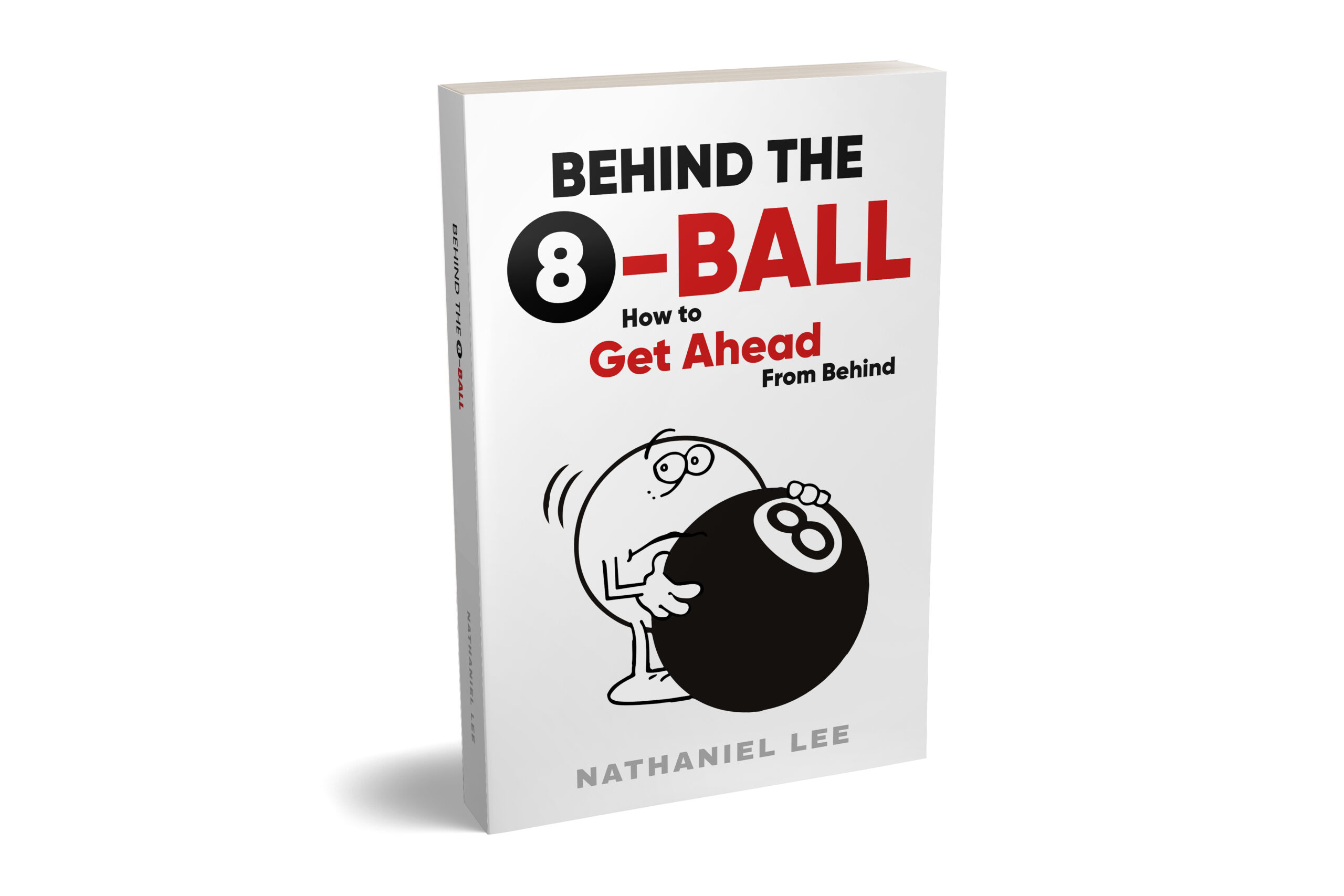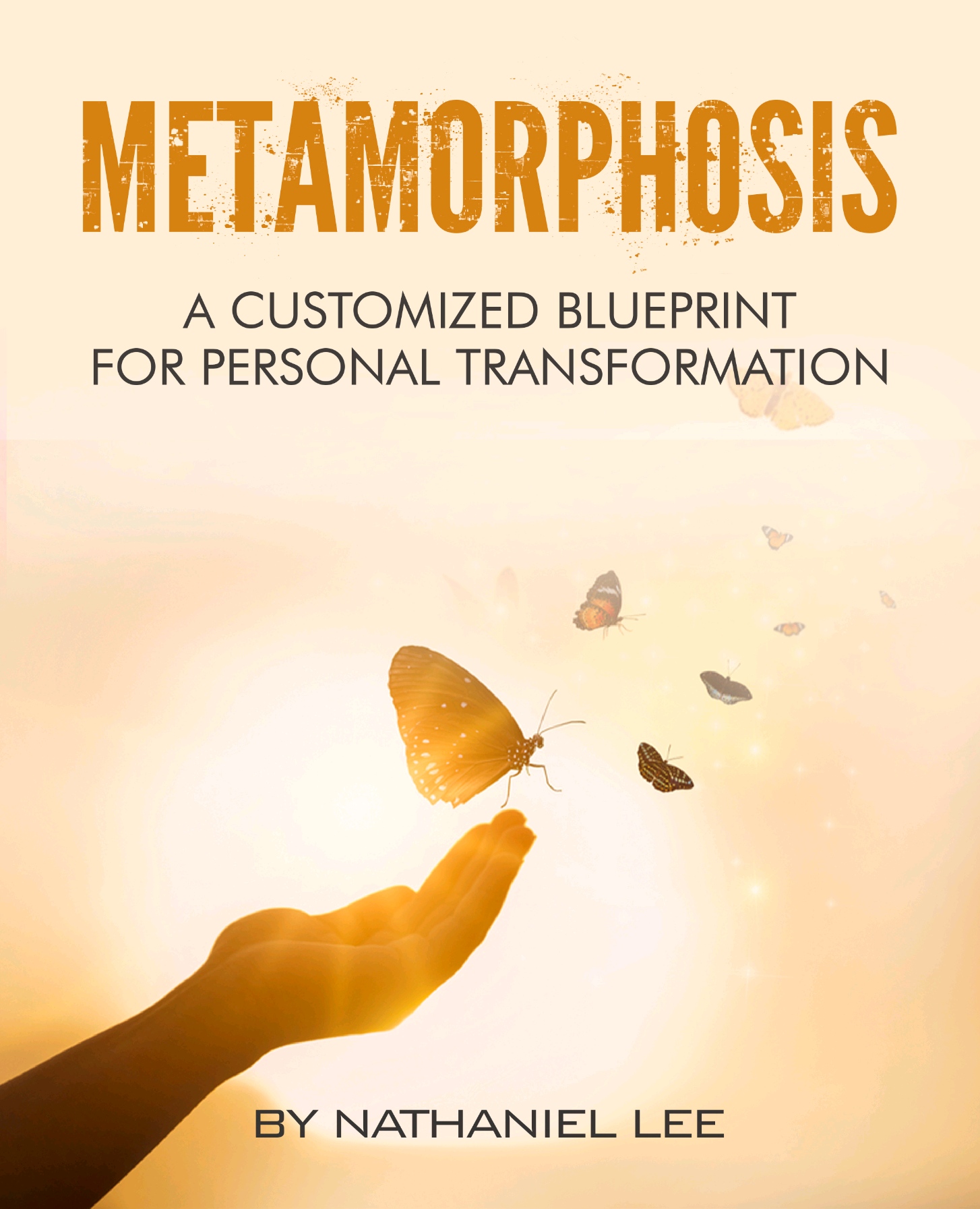Metamorphosis: “I Am We” – Reclaiming a Collective Consciousness
Contributing Writer: Nathaniel Lee
With crime and safety once again taking the lead as one of the most urgent concerns of residents in most major cities, voters are once again deluged with the promises of would-be politicians and incumbents promising to address these issues and help resolve them if elected to office. Oddly enough, those currently in office have proven they could not solve the problems and would not persist during their terms, and those seeking offices for the first time often fail to do more than repeat sound bites for public consumption that fail to produce any real change if and when they are elected.
The problem of a decayed society has been placed at the feet of our music, movies, and television. Some claim that the violence in our media has eroded the consciousness of the people who, as a result of prolonged exposure to such entertainment, become insensitive to violence and more likely to tolerate or even commit acts of violence themselves. Add to this the problem of poverty in a nation filled with wealth and resources, homelessness where there is no lack of land and property available for habitation, and a growing rate of citizens graduating from school without the ability to read at grade level if they can read at all, despite having very accessible schools, and significant funds poured into the education system annually.
This is a nation of inconsistencies. Rich in resources with high rates of poverty, lots of fertile land and development with extensive homelessness; an educational system recognized throughout the world yet with an ever-growing number of its citizens functionally illiterate.
Some will blame the education system, others will fault self-serving, power career politicians and then there are those who will claim that an economic system that favors the have’s over the have-nots is at fault – and to some degree, they all make valid points.
However, I think these are symptoms, not causes. The cause, I believe, is rooted in capitalism; it is individualism. I believe at the heart of poverty, homelessness, blight, and other social concerns is individualism.
A person, people, or nation that places their own individual concerns and interests or those of others might do well initially but will eventually erode. “Me, Myself, and I” places the person above the people, the individual, over the concern of the collective, and when this becomes common, moral anarchy becomes likely.
The phrase “doing me” epitomizes this mindset. It’s a renunciation of the community. It’s a separation from the collective. It subordinates what is good and best for the group to what is good and best for the person. Taking to the extreme, “Me, myself and I” can mean hoarding resources among a people deprived and in need of such resources, gluttony at the table of those who are famished.
Then there is the principle of Ubuntu, taken from an African concept that simply states that “people are people because there are people”. In other words, it takes into account that we aren’t the center of the universe but a part of a synergistic system in which the parts joined together to accomplish that which no single part could have accomplished operating on its own and apart from the whole.
“Me, myself, and I” places the individual’s needs and wants above those of the people, the planet, and, yes, God, who loves the people and the planet He created. Under this principle, you can eat unconcerned about the hungry who longingly watch you do so. Ubuntu says the opposite; it practices the principle of “I am we.” It sees its success in the success of the whole. It states that I am well only when my people are well.
If “I am we” then the music I create, the words I speak, the movies I produce, the people with whom I associate, and the activities I participate in cannot diminish, minimize, or harm the community in which I am intricately a part of and, as such, my well-being is ultimately tied to its well-being. Something to think about.
Nathaniel Lee is the author of the books ‘Metamorphosis; A Customized Blueprint for Personal Transformation’ and ‘Behind the 8-Ball; How to Get Ahead From Behind’. Both are available on Barnes and Noble and Amazon.com.


